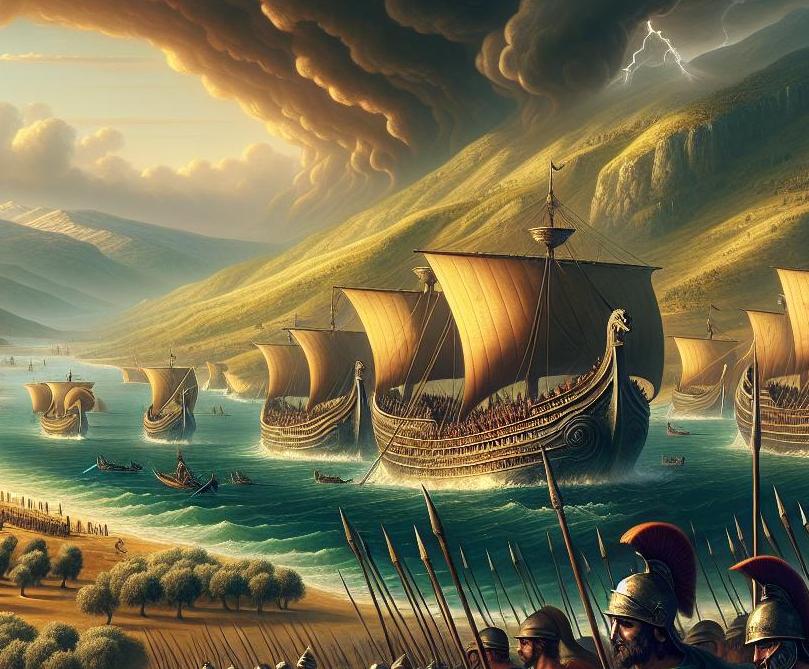Rome: From Republic to Power
The transformation of Rome from a small city-state to a dominant republic was a gradual process marked by strategic conquests, political reforms, and social evolution. Rome’s early history was characterized by its struggle for survival and dominance over neighboring Latin, Etruscan, and Italic tribes. The establishment of the Roman Republic in 509 BCE, following the overthrow of the last Etruscan king, marked a significant shift in governance.
The republic was founded on a complex system of checks and balances, with power divided among the Senate, the Consuls, and the popular assemblies. This system allowed for greater political stability and civic participation, fostering a sense of shared responsibility and duty among Roman citizens. Rome’s military prowess played a crucial role in its rise to power. The Roman legions, known for their discipline, organization, and innovative tactics, enabled Rome to expand its territory through a series of wars and alliances.
Key victories in the Samnite Wars, the Pyrrhic War, and the conquest of the Italian peninsula cemented Rome’s status as a regional power. Rome’s ability to assimilate conquered peoples through granting citizenship and integrating local elites into its political system helped maintain stability and loyalty among its diverse subjects. Economically, Rome benefited from the spoils of war, the establishment of colonies, and the development of trade networks.
The construction of roads, aqueducts, and other infrastructure projects facilitated commerce and communication, further strengthening Rome’s economic base. Socially, Rome was characterized by a hierarchical structure, with a clear distinction between the patrician elite and the plebeian commoners. Over time, the struggle between these classes led to significant social and political reforms, including the creation of the office of the Tribune of the Plebs and the codification of laws in the Twelve Tables.
These reforms helped address social inequalities and integrate the plebeians into the political process. By the eve of the Punic Wars, Rome had established itself as a powerful republic with a robust military, a complex political system, and a dynamic society. Its rise to power set the stage for the inevitable clash with Carthage, another dominant power in the Mediterranean region.
 |
 |
 |


